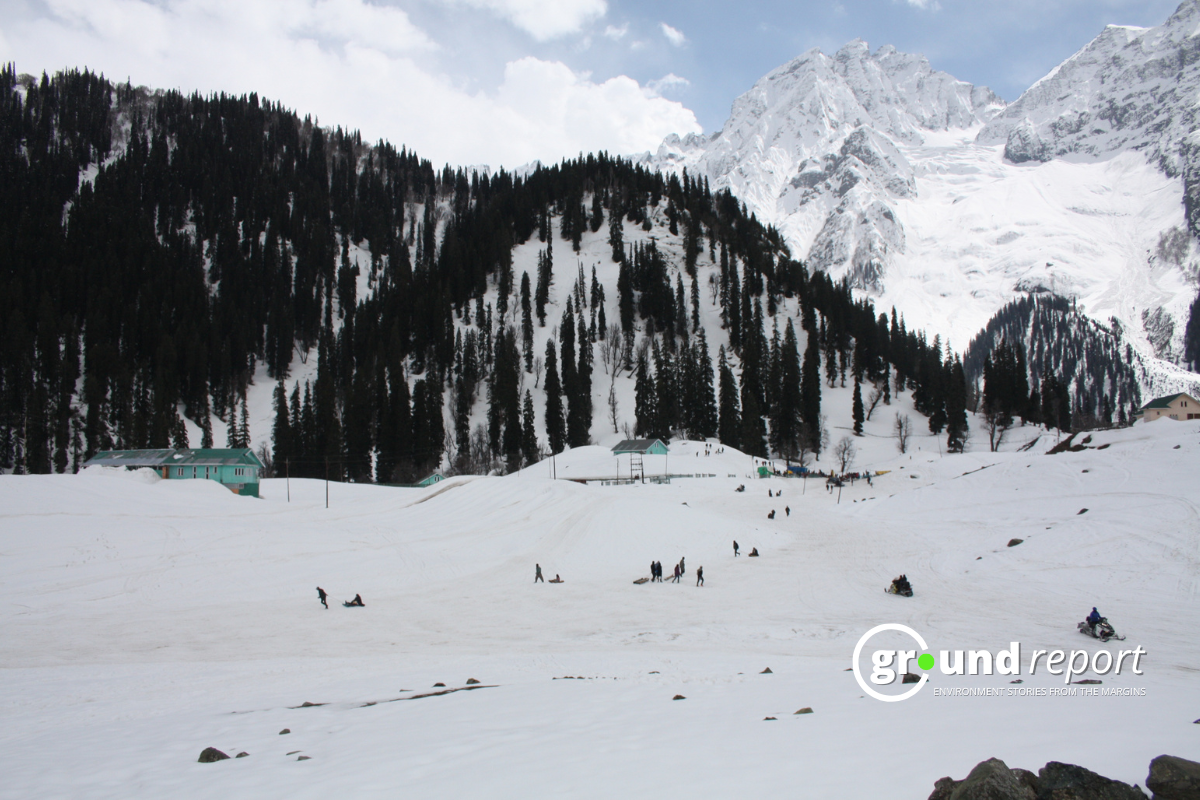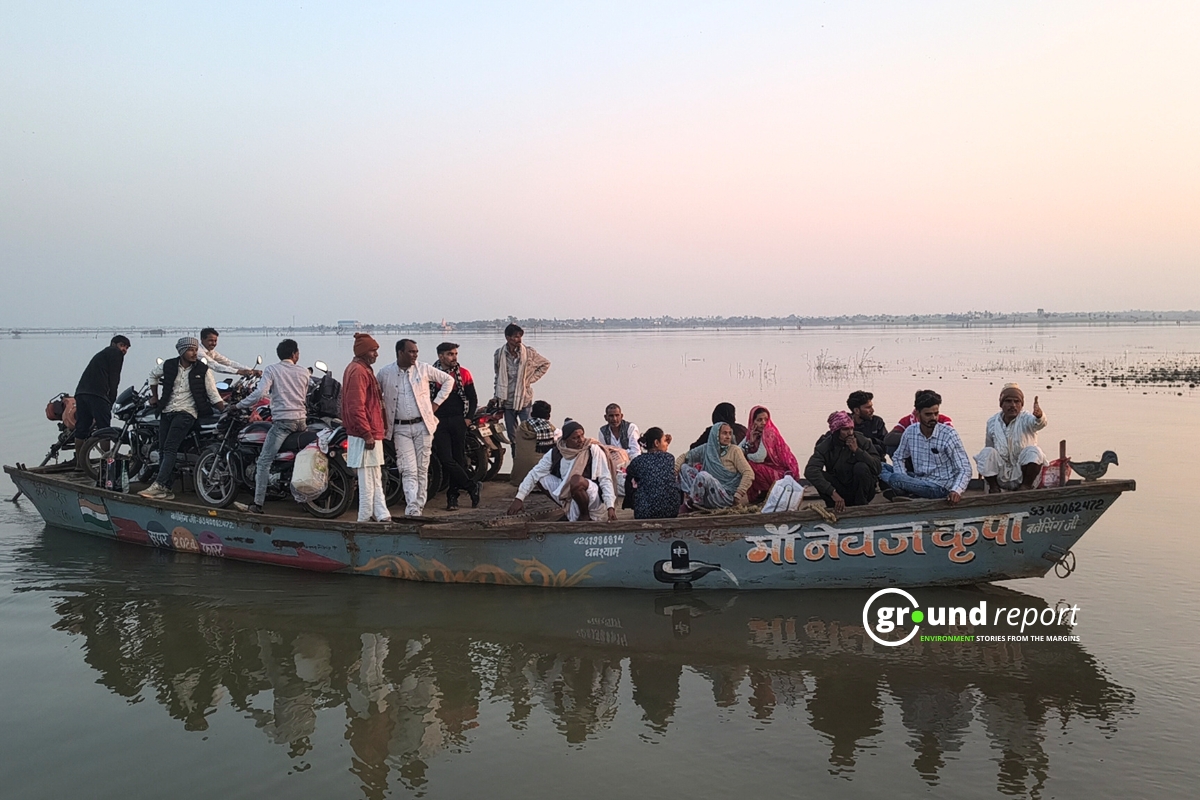India has taken a series of strong steps in response to growing tensions with Pakistan. On Sunday, India closed all the gates of the Baglihar Hydro Electric Power Project on the Chenab River, stopping the water flow. This follows India’s decision to suspend the Indus Water Treaty with Pakistan, which had been in place since 1960. This action comes after the deadly Pahalgam attack.
India also conducted a blackout drill in Firozepur, Punjab, on Sunday. The blackout lasted for 30 minutes, during which all lights in the cantonment area and nearby villages were turned off. The drill was part of India’s preparedness to handle security threats along the border. Vehicles with lights on during the drill were stopped, and security forces were on high alert.
Defence Minister Rajnath Singh addressed the nation, saying it is his responsibility to ensure India responds firmly to any threats. He assured citizens that India will do whatever is necessary to protect the country. His statement emphasised that India will act in line with its national interests.
The situation along the border remains tense. Pakistan violated the ceasefire for the 11th consecutive day, with firing reported in the Poonch sector of Jammu and Kashmir. The Indian Army responded with return fire, continuing to protect Indian territory.
Timeline of India’s actions
-
April 23, 2025: India suspends the Indus Water Treaty and closes the Attari-Wagah border.
-
April 26, 2025: India demolishes houses of terrorists linked to the Pahalgam attack.
-
April 28, 2025: 800 Pakistani citizens are sent back from India.
-
April 30, 2025: India bans imports from Pakistan and blocks Pakistani YouTube channels.
-
May 1, 2025: India limits the number of staff at Pakistan’s High Commission in India.
-
May 2, 2025: India asks the IMF to review Pakistan’s loan and bans Pakistani leaders’ social media accounts.
-
May 3, 2025: India bans all imports from Pakistan.
-
May 4, 2025: India stops the water flow from the Chenab River by closing the gates of the Baglihar dam.
The diplomatic situation has also worsened. Pakistan’s Ambassador to Russia, Mohammad Khalid Jamali, recently threatened India with a nuclear attack. This only adds to the already tense atmosphere. India remains focused on maintaining security and responding to Pakistan’s provocations.
India has limited Pakistan’s influence. On May 4, India stopped the water flow from the Chenab River by closing the gates of the Baglihar dam. This directly affects Pakistan, as the river is an important water source for the country. The closure of the dam is seen as a strong reaction to Pakistan’s actions in Kashmir.
India has also restricted Pakistan’s movement. The government closed its airspace to Pakistani aircraft and limited the number of Pakistani diplomats in India. India banned imports from Pakistan and shut down Pakistani social media channels. These steps show India’s commitment to protecting its interests and sending a clear message to Pakistan.
The government’s actions began after the Pahalgam attack on April 23, 2025. India suspended the Indus Water Treaty, closed the Attari-Wagah border, and cancelled all Pakistani visas. India also demolished homes linked to terrorists involved in the attack. These moves are part of a broader strategy to respond to Pakistan’s actions.
Support us to keep independent environmental journalism alive in India.
Keep Reading
These are the 3 options India has for the Indus waters Treaty
India suspends Indus Waters Treaty with Pakistan, what does it mean for them?
Scraping Indus Water Treaty; a water bomb waiting to explode?
Indore’s residential society saves Rs 5 lakh a month, through rainwater harvesting
Follow Ground Report on X, Instagram and Facebook for environmental and underreported stories from the margins. Give us feedback on our email id greport2018@gmail.com.
Don’t forget to Subscribe to our weekly newsletter, Join our community on WhatsApp, and Follow our YouTube Channel for video stories.









